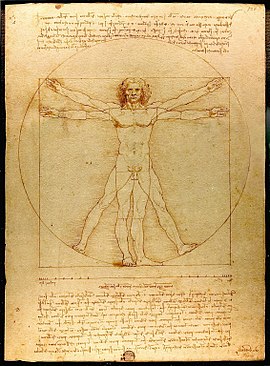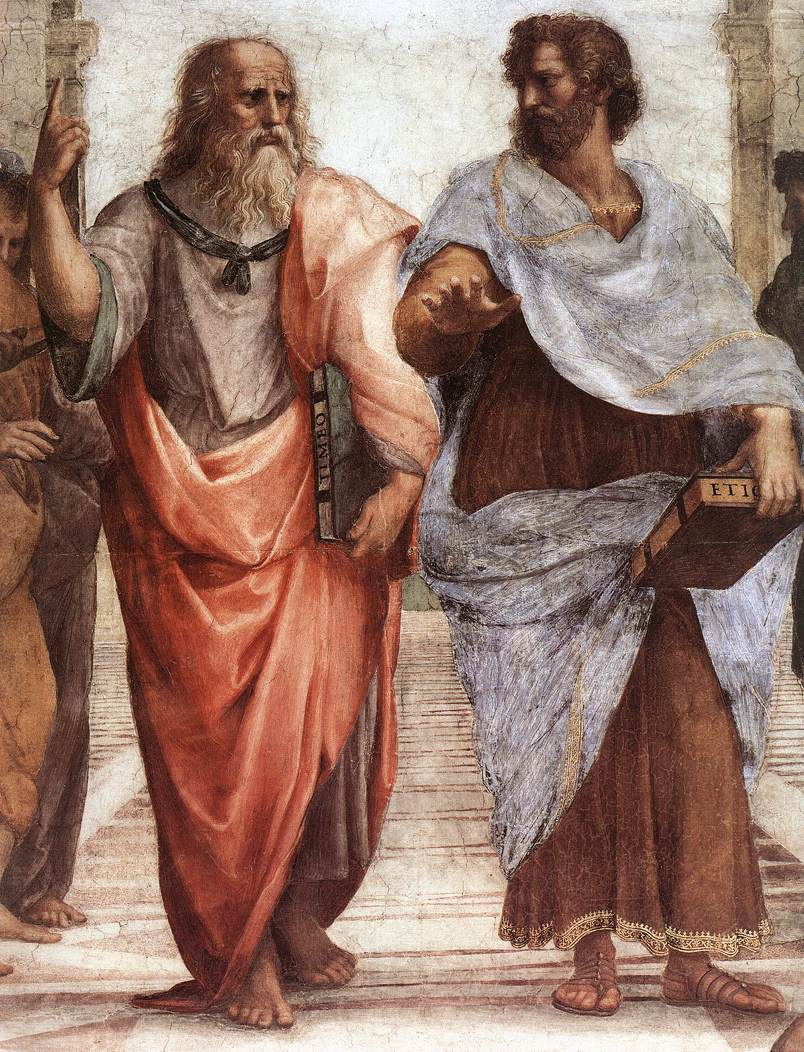Renaissance humanism

Renaissance humanism is the study of classical antiquity, at first in Italy and then spreading across Western Europe in the 14th, 15th, and 16th centuries. The term Renaissance humanism is contemporary to that period — Renaissance (rinascimento, "rebirth") and "humanist" (whence modern humanism; also Renaissance humanism to distinguish it from later developments grouped as humanism).
Renaissance humanism was a response to the utilitarian approach and what came to be depicted as the "narrow pedantry" associated with medieval scholasticism. Humanists sought to create a citizenry able to speak and write with eloquence and clarity and thus capable of engaging in the civic life of their communities and persuading others to virtuous and prudent actions. This was to be accomplished through the study of the studia humanities
Humanism

“Humanism was the major intellectual movement of the Renaissance. Proponents of humanism believed that a body of learning, consisting of the study and imitation of the classical culture of ancient Rome and Greece, would produce a cultural rebirth after what they saw as the decadent and “barbarous” learning of the Middle Ages
Source
Wikipedia
Hi! I am a robot. I just upvoted you! I found similar content that readers might be interested in:
https://en.wikipedia.org/wiki/Renaissance_humanism